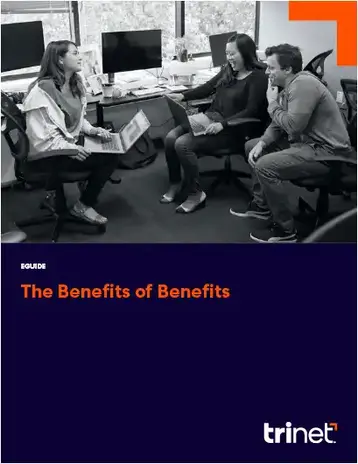
One thing is true across the board about health insurance in the United States—it’s a complicated system to navigate, to say the least. Between benefits tied to various jobs, employees coming and going, and endless policy changes, it can be a lot to keep up with. However, there are a few things that won’t be changing anytime soon: the use of HMO, PPO, and POS plans. In short, they’re different types of health plans, but there’s so much more to them (and their differences) than that. A beginner’s guide to HMO vs PPO vs POS plans is below.
What is an HMO?
HMO is short for “health maintenance organization.” The defining characteristic of this type of health plan is that you have to select a primary care physician, or a PCP, who is then the center of service for all of your other healthcare needs. Under an HMO, anytime you need specialty care you’ll need a referral from your primary care physician and all of your referrals will have to be within your HMO network. That said, nothing is stopping you from seeing a provider outside of your network, you’ll just have to pay for it out of pocket.
What is a PPO?
This is short for “preferred provider organization.” When it comes to HMO vs PPO vs POS, PPOs operate through a network of preferred providers within your geographical area. Unlike HMOs, you don’t need to select a primary care physician and you don’t need any referrals to see specialists. PPOs pay for a larger portion of bills for preferred providers and a smaller portion of bills for providers outside of the preferred network. The best part of PPOs is that even out-of-state providers can be preferred. The hitch is that you'll likely pay higher monthly premiums for a PPO rather than an HMO.
What is a POS?
Last but not least in the HMO vs PPO vs POS breakdown is POS, otherwise known as a “point of service” healthcare plan. Think of it as something of a blend of HMO and PPO plans. You still need to select a primary care physician and need referrals, but the cost coverage is the same as a PPO plan: more coverage for preferred providers and less for out-of-network ones.
Comparing an HMO vs PPO vs POS
The central differences in HMO vs PPO vs POS plans are:
- Whether or not you have to select a primary care physician who refers you to specialists. HMOs and POS plans require a primary care physician and referrals while PPO plans do not.
- How much you have to pay if you see a provider who is out of network. Under HMO plans, you have to pay 100% of the cost to see a provider who is out of network unless it’s a full-blown medical emergency or there are literally no other options. With PPO and POS plans, you can see providers who are out of network, your insurance company will just cover less of the costs than they would for someone in network.
What should I offer: HMO vs PPO vs POS?
The type of plan that you want to offer your employees is entirely up to you. As a small business owner, you can decide what type of offering makes the most business sense and offer that, or you can ask your employees what they prefer and select the plan you’ll offer accordingly.
Regardless of where you land on the HMO vs PPO vs POS debate, it’s important to note that open enrollment upon us: this year, open enrollment runs from November 1, 2018 through December 15, 2018 for the vast majority of employers. It's important to note that different companies will have different OE periods, but they are generally in the minority of employers. That said, people can qualify for special enrollment if they have experienced what’s called a “significant life event” such as losing their previous insurance.
This communication is for informational purposes only; it is not legal, tax or accounting advice; and is not an offer to sell, buy or procure insurance.
This post may contain hyperlinks to websites operated by parties other than TriNet. Such hyperlinks are provided for reference only. TriNet does not control such web sites and is not responsible for their content. Inclusion of such hyperlinks on TriNet.com does not necessarily imply any endorsement of the material on such websites or association with their operators.






